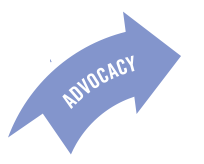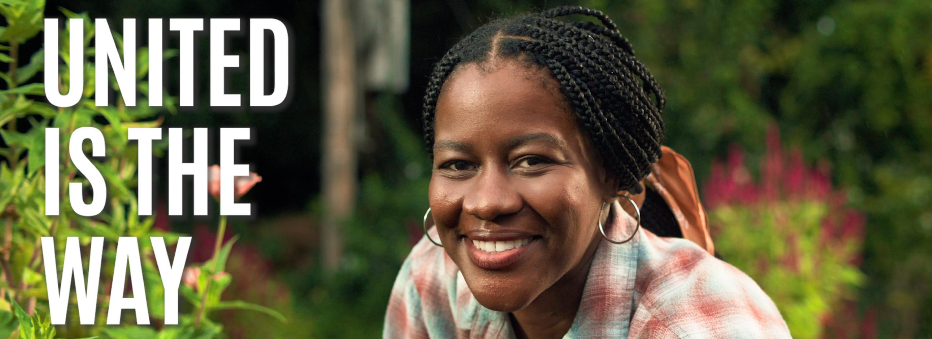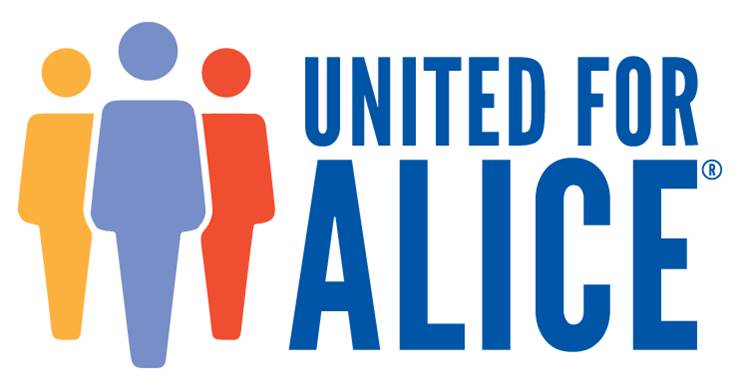
Creating a Thriving Community
Year-round, United Way NSV is more than a funder—we lead with research, reach, and resolve. We turn data into strategy and boots-on-the-ground collaboration, building real resilience across the Valley.
Insight: Rooted in Local Needs
Through our Community Needs Assessments and 211 data, we’ve captured the truth: nearly 40% of Valley households live below the ALICE threshold—working full-time yet unable to afford basics like housing, food, and childcare. These numbers aren’t statistics; they’re neighbors one emergency away from collapse, and the foundation for every program we fund.
Investing in Lasting Impact
Our Impact Funding isn’t about band-aids—it’s about transformation. In recent years, we distributed $535,000 through grants and supplemental awards, empowering 50+ nonprofits to innovate and scale solutions:
-
Nearly 75% of that funding came from workplace giving, demonstrating that caring communities lay the groundwork for sustainable action.
-
With this support, we and our partners served 27,000 residents—about 11% of the Valley’s population
Strategic Impact
Education & Opportunity
Education is the cornerstone of success in school, work, and life.
We support cradle-to-career systems: kindergarten readiness, scholarships, tutoring, mentorship, and workforce pathways that fuel long-term success. Early interventions combat the risks of falling behind; third-grade reading proficiency, for example, quadruples high school graduation rates
Health & Well-Being
Health starts where stability begins. Our Local Community Health data shows families stress under high housing costs, unreliable food access, and rising mental health pressures. By funding clinics, wellness programs, and coordinated support, we build environments where every family can thrive.
Financial Stability & Community Resilience
The ALICE framework reveals a reality: income alone isn’t enough. We fund programs that prevent eviction, support emergency needs, and strengthen access to opportunity—together creating stronger, more resilient communities.
Our Impact Model

We ground every decision in data and lived experience. From Community Needs Assessments to 211 call data, we study not only who is struggling but why—and use that knowledge to design solutions that address root causes, not just symptoms.
![]() We align partners across sectors for strategic impact.
We align partners across sectors for strategic impact.
 We create game-changing impact by investing in proven programs that move the needle.
We create game-changing impact by investing in proven programs that move the needle.
 We harness people power to move good intentions into lasting change.
We harness people power to move good intentions into lasting change.
 We are your community partner... rooted here, trusted here, and ready with innovative solutions to address the issues that matter most. Our deep local roots give us firsthand knowledge of both the problems and the potential of the Northern Shenandoah Valley, along with the relationships needed to drive real change.
We are your community partner... rooted here, trusted here, and ready with innovative solutions to address the issues that matter most. Our deep local roots give us firsthand knowledge of both the problems and the potential of the Northern Shenandoah Valley, along with the relationships needed to drive real change.
We amplify the voices of ALICE families—nearly 4 in 10 households in our rural region—until systems not only listen, but change. By carrying their stories into the rooms where policy and funding decisions are made, we ensure that the lived experience of working families shapes the solutions that dismantle barriers and build resilience.
Reinvention Through Resilience
UWNSV is pragmatic and forward-looking, emphasizing resilience and collective action. United is the Way we turn crisis into consolidation, disinvestment into reinvention, and uncertainty into shared strategy. Local giving keeps families afloat in the moment, while strategic partnerships transform that generosity into structural investment — aligning immediate relief with long-term solutions for ALICE families across the Valley.
When Challenge Becomes Change
ALICE reframes poverty. It shows that tens of thousands of working families in the Northern Shenandoah Valley earn too much to qualify for assistance, yet too little to make ends meet. United for ALICE turns their invisible struggle into visible action. And in our Valley, we know what it means to rally in hard times and rise back up stronger than ever. In moments of crisis, United Way mobilizes volunteers and resources so families and neighborhoods can not only recover — but rebuild with resilience.


